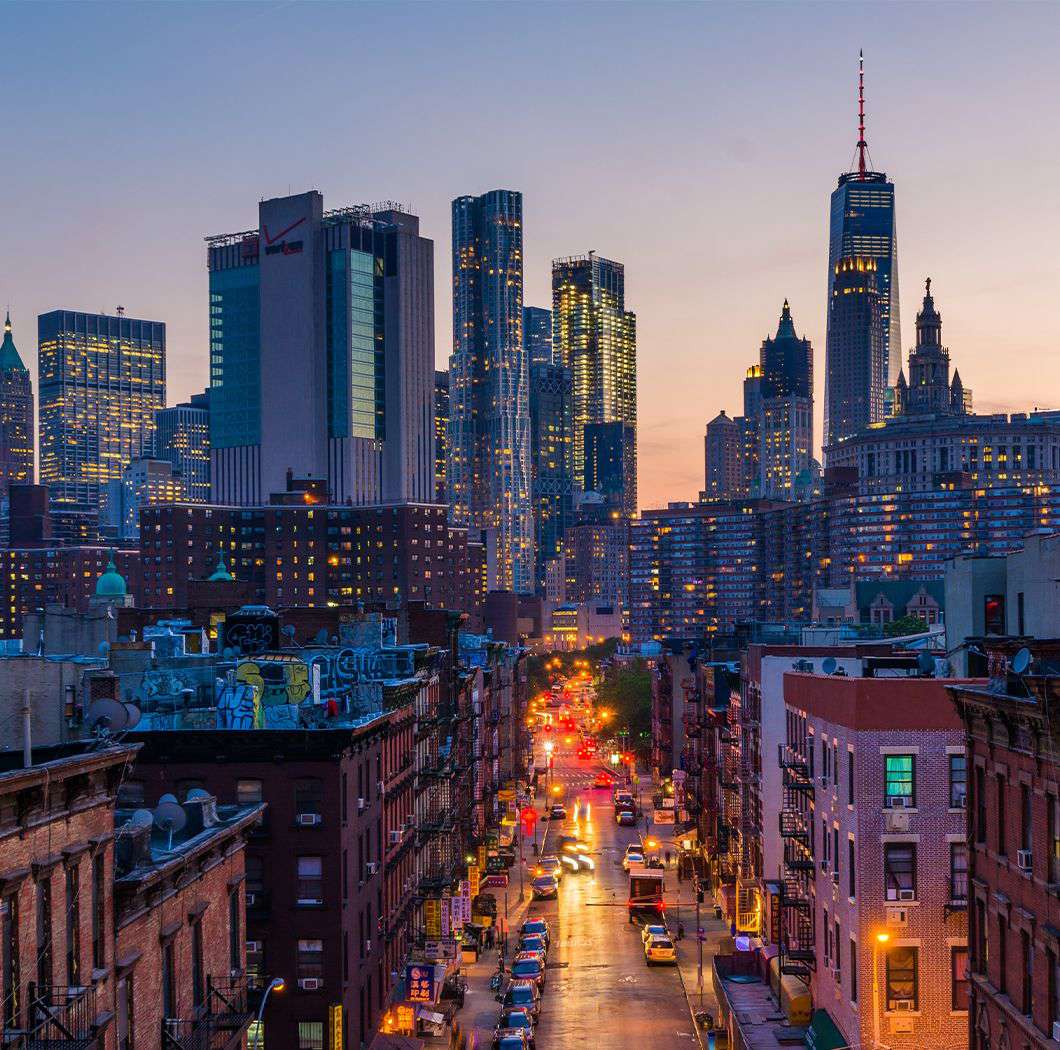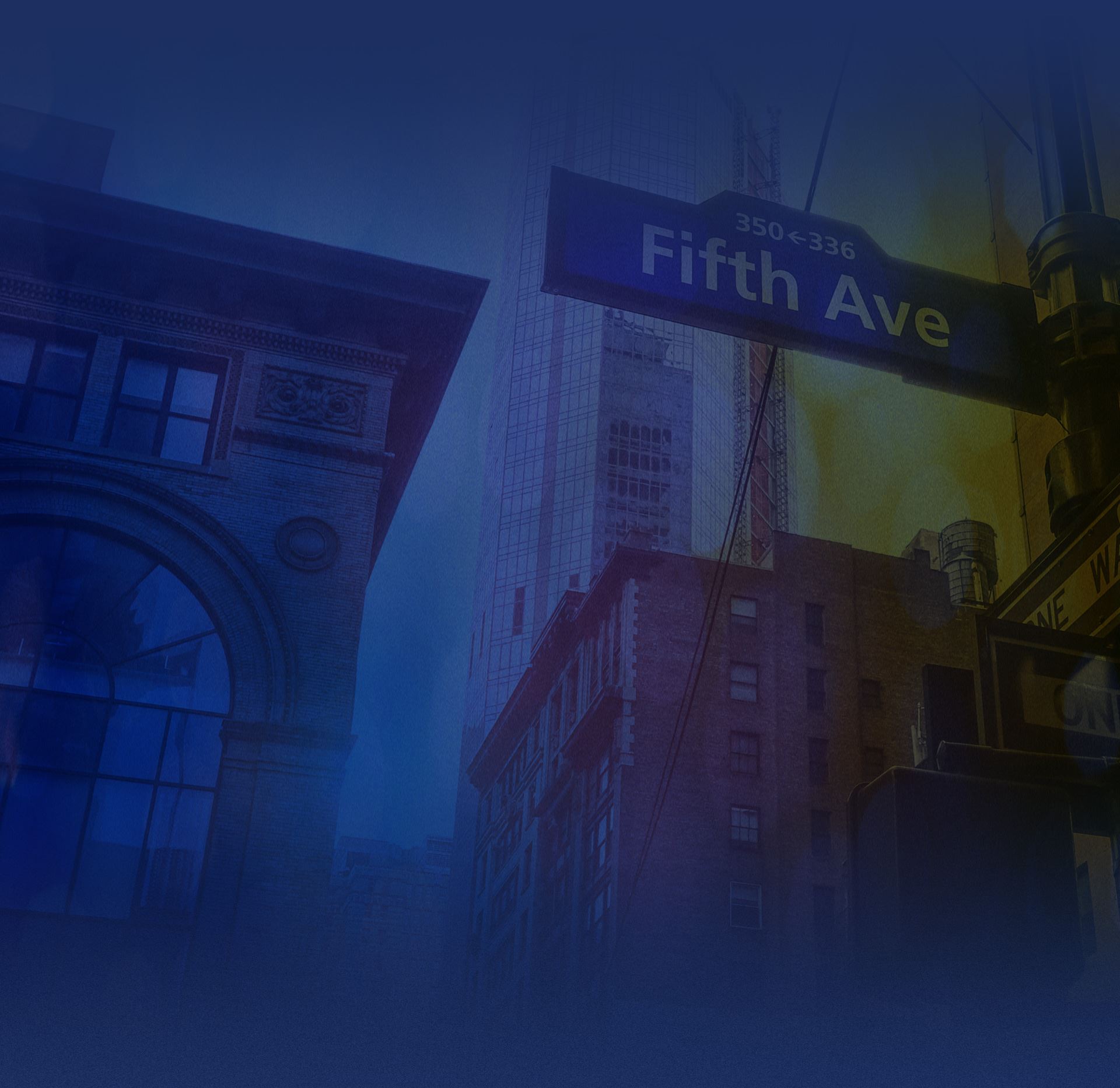
dRUG cRIMES
HELPING YOU DEFEND YOUR FUTURE & REPUTATION
Drug Trafficking Attorney NYC
Turn to a Firm with 75+ Years of Trial-Tested Experience
If you have been accused of drug trafficking or sales, you need a strong and experienced attorney in your corner. At Cohen Forman Barone, P.C., our New York City drug trafficking attorney has the skills and determination to fight for your rights and freedom. Our firm includes a former prosecutor who knows the inner workings of the criminal justice system. This gives us a distinct advantage in court. No drug case is too complex for us, and we know how to get results.
If you are facing charges for drug trafficking in NYC, you need an attorney who will fight for you and protect your rights. Our firm will review your case thoroughly and look for any possible defenses. We can fight to get your charges reduced or dropped, or we may even be able to fight for an outright acquittal.
If you’re facing drug trafficking charges in NYC, don’t wait to get legal help. Contact us today at (212) 577-9314 for a strong defense.
What Is Drug Trafficking in NY?
Drug trafficking in New York refers to the illegal transportation, sale, or possession of large quantities of controlled substances. It's distinct from simple drug possession because of the scale and intent involved.
Here's what constitutes drug trafficking in NY:
- Quantity: While the exact amount varies depending on the specific drug, trafficking typically involves possessing or selling significantly larger quantities than someone would have for personal use.
- Intent to Distribute: Prosecutors need to prove you intended to sell or distribute the drugs, not just possess them. This could be evidenced by packaging (divided into individual doses), scales, large amounts of cash, or communication with potential buyers.
- Financial Gain: Drug trafficking often involves a profit motive, but this isn't always the sole factor.
Factors that can elevate a drug possession charge to trafficking include:
- Type of Drug: Certain drugs like heroin, cocaine, and fentanyl carry harsher penalties at smaller quantities.
- Prior Offenses: Previous drug convictions can increase the severity of the charge.
- Location: Selling drugs near schools or playgrounds may incur harsher penalties.
Ready to Take on Any Drug Trafficking Case
Trafficking is a felony offense, punishable by up to 25 years to life in prison. If you have been accused of drug trafficking, you need an attorney who is prepared to fight for you.
Our firm is ready to help you if you have been charged with drug trafficking in NYC that involves:
- Heroin
- Cocaine
- Marijuana
- Prescription drugs
- PCP
- LSD
- And more!
Drug Trafficking Penalties in New York
Drug trafficking charges are serious offenses in New York, and the penalties can vary greatly depending on several factors. New York classifies all drug trafficking convictions as felonies. These felonies range in severity from 5th degree to 1st degree.
Penalties increase with the severity of the offense (type and quantity of drugs involved) and can range from probation with fines (for less serious offenses) to life in prison (for major trafficking).
General Penalty Guidelines:
- 1st Degree Trafficking: This carries the harshest penalties. Minimum sentence is 8-20 years in prison, with the possibility of life imprisonment for "major traffickers" (NY Penal Law Section 220.77)
- 2nd Degree Trafficking (Repeat Offenders): For those with prior drug felonies, the minimum sentence jumps to 12-20 years in prison.
- Lower Degrees (3rd-5th Degree): Sentences vary based on the specific charge, but generally range from 1-7 years in prison with additional fines.
Fines can be significant, ranging from a minimum of $5,000 or double the profit gained from the sale, to a maximum of $100,000. Additionally, almost all sentences involve a period of mandatory post-release supervision after prison time. Drug trafficking convictions can have long-lasting consequences beyond incarceration. These could include difficulty obtaining employment, housing, or professional licenses.
Drug Dealer vs. Drug Trafficker
The key difference lies in the scale of the operation:
- Drug Dealer: Sells smaller quantities directly to users.
- Drug Trafficker: Operates a larger-scale drug distribution network, often involving transportation and wholesale quantities.
Defenses Against Drug Trafficking Charges
When facing drug trafficking charges, several defenses may be used to challenge the case against you. The most common include:
- Illegal Search and Seizure: If law enforcement conducted an unlawful search, any evidence obtained may be inadmissible in court. Your attorney will examine the circumstances surrounding the search to determine if it violated your constitutional rights.
- Lack of Intent to Distribute: To convict someone of drug trafficking, the prosecution must prove the intent to distribute drugs. If the drugs were for personal use or there was no evidence to show distribution, your attorney can argue the lack of intent.
- Mistaken Identity: If the police have misidentified you as the individual involved in trafficking, this defense challenges the accuracy of the charges. Your lawyer may present evidence or witnesses to show you were not involved in the alleged crime.
- Entrapment: If law enforcement coerced or induced you into committing a crime you wouldn’t have otherwise committed, this could be used as a defense to prove entrapment.
Having a skilled attorney who understands how to identify weaknesses in the prosecution's case is crucial. Your lawyer will be able to carefully scrutinize the evidence and uncover any inconsistencies or issues that can be used to challenge the charges.
The Role of Law Enforcement in Drug Trafficking Cases
In drug trafficking investigations, law enforcement uses several techniques to gather evidence, including:
- Wiretaps: Police may use wiretaps to monitor phone calls and communications related to drug transactions. These can be powerful tools in proving conspiracy or trafficking but may be challenged if they were obtained without proper legal authorization.
- Undercover Operations: Officers often infiltrate drug trafficking rings by posing as buyers or sellers. While effective, these operations can be challenged if the evidence collected is deemed unreliable or if the officer exceeded their role in encouraging the crime.
- Surveillance: Surveillance, such as monitoring the movements of suspected traffickers, is another common tactic. However, surveillance footage or tracking data can sometimes be challenged for its accuracy or legality.
The impact of these tactics on your case can be significant, but a defense lawyer can often challenge their validity and use them to your advantage if they were improperly executed.
The Difference Between Drug Possession and Drug Trafficking
Drug possession and drug trafficking are different in terms of the quantity, intent, and distribution of the drugs involved.
- Drug Possession: This involves having drugs for personal use. The penalties vary depending on the drug type and quantity but typically result in less severe consequences compared to trafficking.
- Drug Trafficking: Trafficking is a more serious charge and involves the sale, transportation, or distribution of illegal substances. It typically requires larger quantities of drugs and a proven intent to distribute. Factors like location, type of drug, and past criminal history can elevate the charge.
Penalties for Each Offense:
- Drug Possession: Penalties may include fines, probation, or jail time, depending on the amount and type of drug. Possession with intent to distribute can elevate the charge.
- Drug Trafficking: Penalties for trafficking can be much harsher, including lengthy prison sentences, large fines, and mandatory post-release supervision. The severity of the sentence depends on the amount of drugs, type of drug, and whether there are aggravating factors like prior convictions or the involvement of minors.
Understanding these differences and potential defenses is essential when facing drug-related charges.
FAQ: Drug Trafficking Charges in NYC
What is the difference between drug trafficking and drug distribution?
- Drug trafficking involves the transportation, sale, or possession of large quantities of illegal drugs or drug paraphernalia with intent to distribute. Unlike drug distribution, trafficking typically involves larger quantities and organized efforts. Trafficking is a felony, while distribution can also lead to felony charges, depending on the situation. Drug paraphernalia, like scales or baggies, can further strengthen the prosecution’s case.
Can I get a plea deal for a drug trafficking charge?
- Yes, in some cases, prosecutors may offer a plea deal for a reduced sentence. However, the availability of a plea deal will depend on factors such as the amount and type of drugs involved, your criminal history, and whether you cooperated with law enforcement. Your attorney will negotiate with the prosecution to get the best possible outcome.
Does drug trafficking include prescription drugs?
- Yes, drug trafficking charges in New York can apply to illegal trafficking of prescription drugs. This includes drugs like oxycodone, fentanyl, or other prescription medications that are sold without proper authorization.
Can I avoid jail time for a drug trafficking conviction?
- In some instances, a defendant may avoid jail time through plea bargaining or by proving that they were not involved in the trafficking operation. Alternatives to jail may include probation, mandatory drug counseling, or community service, but this depends on the specific facts of the case and the judge's discretion.
How can I challenge the evidence in a drug trafficking case?
- Challenging the evidence is one of the most crucial aspects of defending against drug trafficking charges. Possible defenses include proving that the search was illegal, questioning the accuracy of surveillance or wiretap evidence, or challenging the credibility of witnesses. A skilled attorney will help identify any weaknesses in the prosecution's case and use them to your advantage.
Can a drug trafficking conviction affect my career?
- Yes, a drug trafficking conviction can severely impact your career, as it will likely remain on your criminal record. This can make it difficult to obtain employment, particularly in fields that require background checks. It may also affect professional licenses, government jobs, or housing applications.
What should I do if I am under investigation for drug trafficking?
- If you are under investigation for drug trafficking, it's important to consult with an experienced criminal defense attorney immediately. Do not speak to law enforcement without legal representation. Your attorney can guide you through the investigation and help protect your rights.
Need experienced legal representation for drug trafficking charges? Contact us now at (212) 577-9314 to discuss your case with our skilled attorneys.

Fighting Drug Trafficking Charges in New York
In addition to steep fines, you could be looking at a minimum of years in prison and the possibility of decades of incarceration. Your finances, freedom, and future are on the line. At Cohen Forman Barone, P.C., a former prosecutor can provide the knowledgeable, trial-tested defense you urgently need. Get time and a powerhouse defend on your side today!
To learn more about our firm and how we can help you, contact us online or call us at (212) 577-9314. Our NYC drug trafficking attorney is ready to help you.


Our Testimonials
Former Clients Share Their Experience with Our Firm
-
“Criminal Defense Client” - JT.


